Home France is recognized for its significant cultural heritage, exceptional cuisine, and attractive landscapes, making it the most visited country in the world. From seeing…
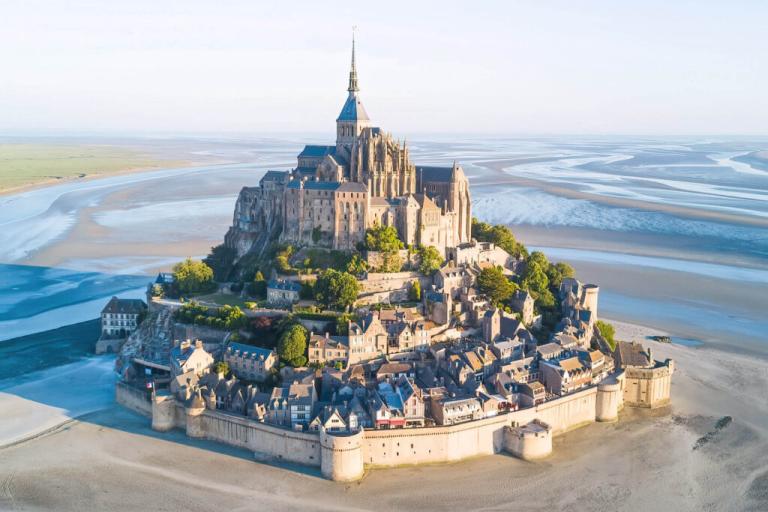
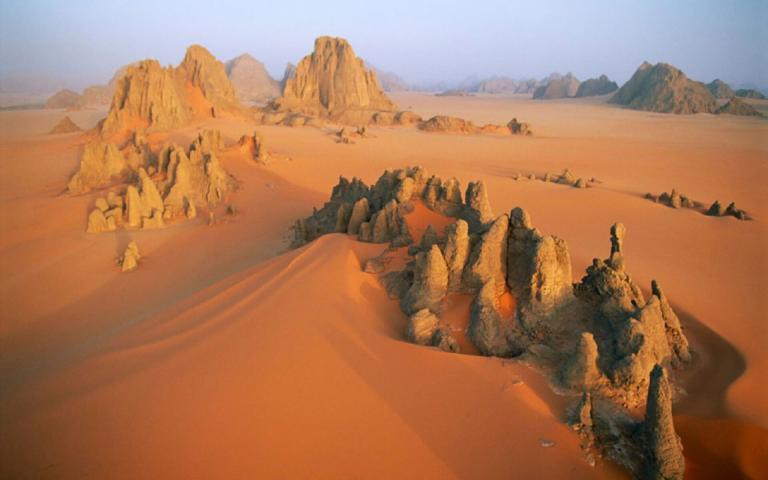
Officially called as the Republic of Chad, this huge landlocked nation is at the meeting point of North and Central Africa. Comprising an area of around 1,300,000 square kilometers, it ranks as the fifth-biggest nation in Africa and the twentieth largest nation by size worldwide. With the capital and biggest city, N’Djamena, housing 1.6 million people, this vast area has a varied population of 16 million people.
The geography of the nation is distinguished by its many areas, each with unique ecological characteristics. The Sahara desert dominates the northern landscape and offers a hostile, dry climate. The terrain changes to the Sahel, an arid zone separating the desert from the more friendly areas to the south, as one moves southward. The Sudanian Savanna zone, a more rich environment supporting more variety of flora and wildlife, defines Chad’s southern section. Lake Chad, the namesake of the nation and the second-largest wetland in Africa, is among the most prominent geographical characteristics of this country. For the area, this lake is still a vital resource despite its changing size resulting from human activity and climate change.
With more than 200 distinct ethnic and linguistic groupings, Chad reflects in its people the complex tapestry of cultures and languages. The official languages of the nation—Arabic and French, which act as lingua francas in this multilingual nation—show even more variation. With Muslims making 55.1% of the population and Christians making 41.1%, Chad’s religious terrain is mostly controlled by Islam and Christianity. The history of the nation has been much shaped by its theological mix, which still influences its social and political dynamics.
Large populations started to settle in the Chadian basin around the 7th millennium BC, therefore marking the beginning of human existence in that area. Particularly in the Sahelian strip, the territory that would become modern-day Chad saw the birth and fall of many nations and empires throughout the ages. Often focusing their authority on managing the profitable trans-Saharan trade routes across the continent, connecting North Africa with sub-Saharan Africa, these political bodies
Early in the 20th century, French colonialism marked the start of Chad’s modern period of history. France had acquired the area by 1920 and combined it into French Equatorial Africa. Under François Tombalbaye, Chad acquired its independence in 1960, marking the end of this era of colonial control. But political unrest and strife defined the post-independence age. A lengthy civil war started in 1965 because of resentment against Tombalbaye’s policies, especially in the Muslim north.
Power rivalries and upheavals throughout the next decades helped to define the political scene of the country Rebels seized the capital in 1979, therefore ending the political supremacy of the South. This triumph was fleeting, however, as rebel leaders turned against one another and further unrest resulted. Eventually, Hissène Habré became the most powerful person overcoming his competitors to take over the nation. Chad was entangled in the Chadian-Libyan crisis during his presidency, which started with a Libyan invasion in 1978 and concluded only with French military involvement.
In 1990 Habré’s rule came to an end when his general, Idriss Déby, toppled him. Beginning in 1991, attempts were undertaken to upgrade the Chad National Army under Déby’s direction and with French help. Still, the nation still faced major difficulties, especially the Darfur crisis’s 2003 spill-over repercussions into surrounding Sudan. This battle resulted in a significant flood of Sudanese refugees, severely taxing Chad’s already meager resources and precarious infrastructure.
Though there were many political parties in Chad’s parliament, the National Assembly, actual power was vested in the Patriotic Salvation Movement under Idriss Déby’s president. Many saw Déby’s leadership as autocratic, with few political liberties and regular violations of human rights. April 2021 saw a dramatic change in the political scene when FACT rebels murdered President Déby. Following his death, Déby’s son Mahamat Déby took over the Transitional Military Council, which also disbanded the National Assembly.
Chad has several difficulties now trying for stability and growth. With a score of 0.394, the nation regularly scores lowest in the Human Development Index—190th out of 191 nations in 2021. Given many Chadians live as subsistence farmers and herders, this low rating reflects the general poverty that affliches much of the population. Early 2000s oil discoveries promised economic revolution; crude oil became the main export from the nation, surpassing cotton. For most of Chadians, however, the advantages of this resource have not yet clearly show in significant changes in living conditions.
Notwithstanding these difficulties, Chad has a rich cultural legacy that captures its varied people. By means of projects like the founding of the Chad National Museum and the Chad Cultural Center, the government has endeavored to support Chadian culture and national traditions. Apart from moveable religious holidays reflecting the Muslim and Christian majorities, the nation has six national holidays all year round.
Currency
Founded
Calling code
Population
Area
Official language
Elevation
Time zone
N'Djamena, the capital and largest city of Chad, is located at the junction of the Logone and Chari rivers. The political, commercial, and cultural core of the country is this…
Home France is recognized for its significant cultural heritage, exceptional cuisine, and attractive landscapes, making it the most visited country in the world. From seeing…

Millions of visitors come to Spain annually because of its vibrant culture, fascinating past, and amazing scenery. Still, the real spirit of Spain is found…

From Alexander the Great's inception to its modern form, the city has stayed a lighthouse of knowledge, variety, and beauty. Its ageless appeal stems from…
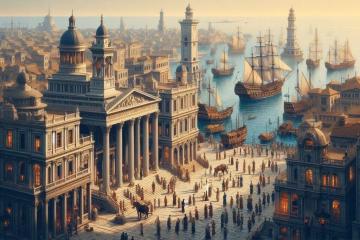
The 7 Wonders of the 21st Century feature amazing successes redefining human creativity and engineering capability. From the calm Temple of Buddha's Origin in Leshan,…
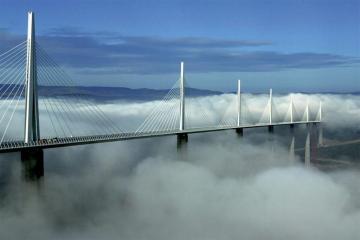
While many of Europe's magnificent cities remain eclipsed by their more well-known counterparts, it is a treasure store of enchanted towns. From the artistic appeal…
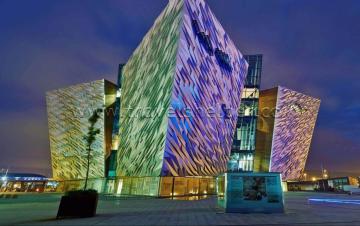
© All Rights Reserved. By Travel S Helper